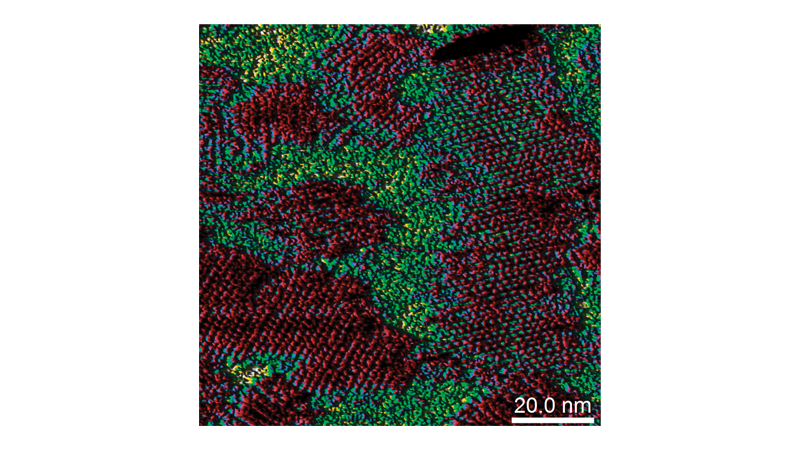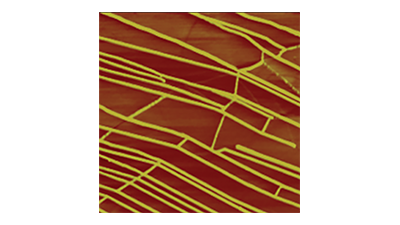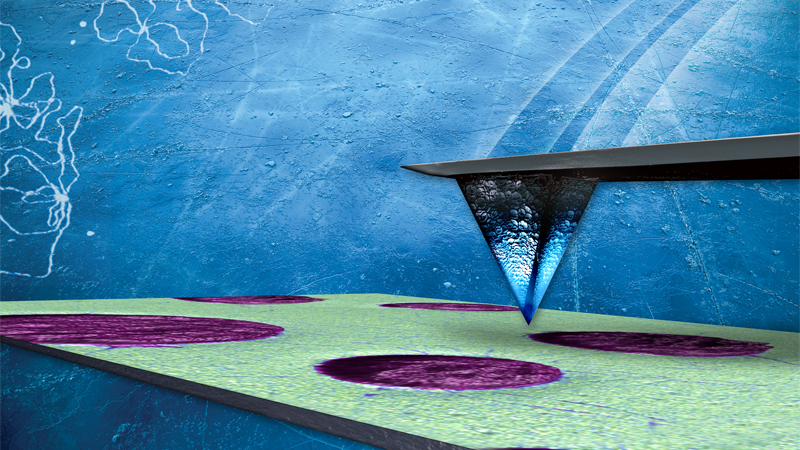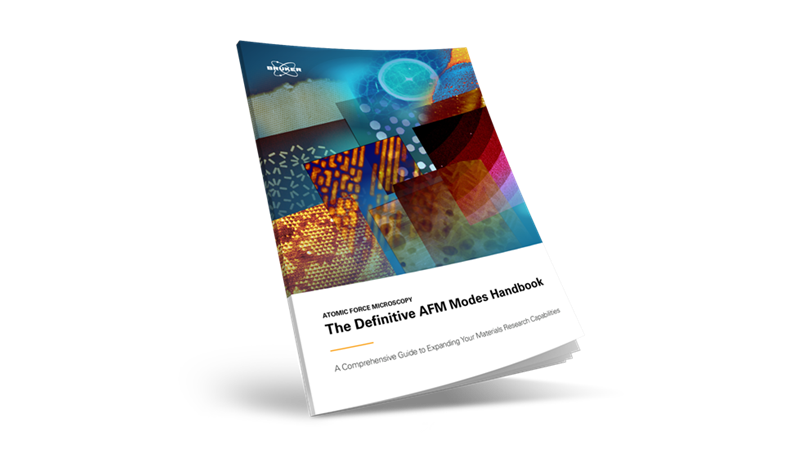

A Decade of Discovery Enabled by PeakForce Tapping
PeakForce Tapping and its Impact on Today's Science
In this webinar, Bruker applications expert Bede Pittenger reviews the impact of PeakForce Tapping®, examining how the measurement of mechanical and electrical properties at the nanoscale have led to new discoveries and insights into material behavior.
Webinar Summary
Since its introduction in December 2009, PeakForce Tapping® has been widely adopted in a broad range of research fields, outpacing all other recently developed AFM modes in research impact and productivity. Moreover, PeakForce Tapping and its associated modes and capabilities— ScanAsyst, PeakForce QNM, PeakForce TUNA, PeakForce KPFM, and PeakForce SECM — have been cited in more than 4,000 peer-reviewed publications over the last ten years, with over 30% of these publications in the top 10% of journals.
In this webinar, Dr.Pittenger draws from this vast repository of publications to review the impact of PeakForce Tapping on today's science. In particular, he examines how the measurement of mechanical and electrical properties at the nanoscale have led to new discoveries and insights into material behavior.
This webinar was presented on April 22, 2020.
Find out more about the technology featured in this webinar or our other solutions for AFM:
Speaker
Bede Pittenger, Ph.D., Sr. Staff Development Scientist, AFM Applications, Bruker Nano Surfaces
Dr. Bede Pittenger is a Senior Staff Development Scientist in the AFM Unit of Bruker's Nano Surfaces Business. He received his PhD in Physics from the University of Washington (Seattle, WA) in 2000, but has worked with scanning probe microscopes for 25 years, building systems, developing techniques, and studying properties of materials at the nanoscale. His work includes more than thirty publications and three patents on various techniques and applications of scanning probe microscopy. Dr. Pittenger's interests span topics from interfacial melting of ice, to mechanobiology of cells and tissues, to the nanomechanics of polymers and composites.





